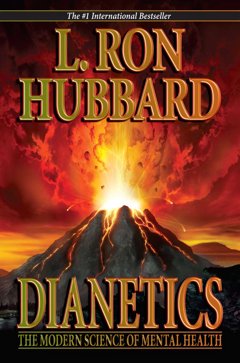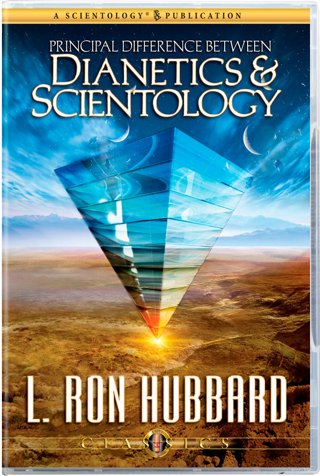The Best Guide To Dianetics
Table of ContentsDianetics for DummiesDianetics - QuestionsSee This Report on DianeticsSome Of Dianetics
I couldn't ever not wish to obtain anything that enters your mind for you- if it was or else, I wouldn't be resting below with you, doing this. I not just might never have a trouble, or otherwise want to listen to something that comes to mind for you, but I'm entirely excited to understand every idea, every thought, every photo or feeling that emerges or shows up for you- don't ever think or else, and if for one reason or another you do, please just allow me understand! Occasionally, you might have a thought, and photo, idea or incident appear that does not seem to address the question, or connect to it, however nonetheless, always do inform me about it, and as we proceed, the significance will arise for you.This is integral in the basis of processing, and the topic of this discussion: the standard roles of the therapist and the client: The fundamental role of the therapist is, unlike "typical training", not to manage, which means to enforce and/or hinder, but to instead function from the basis of EMPOWERING THE CLIENT.

Some Of Dianetics
John Mcmasters expressed this fundamental fact wonderfully well in one of his talks on Power handling, in which he clarifies how he was asked what this "special flair" was that he had for offering such wonderful sessions; he needed to believe concerning that for a moment, and identified that it was what he had not been doing, as well as what he was doing: he had not been evaluating, judging, computer, or in reality, generating any kind of ideas, allow alone verbal expressions, after providing the command and while awaiting the computer to finish their answer to their contentment; he was, simply and only, being present with the computer, and completely interested.
The duty of the therapist, showed; that was his "unique knack". I have had my own experience which showed me this well, extremely beforehand in the video game. In 1982, having actually lately finished my training and teaching fellowship on New Age Dianetics, I was running this on a COMPUTER, and this post there was a point in the session where (being a bit wet behind the ears not yet having lots of hours under my belt as a specialist auditor) the computer seemed to be "taking as well long" to express anything vocally after I provided him a command.
This key ended up being one of the most useful contribution that John ever made to the subject of therapy or bookkeeping (Dianetics). In my simple viewpoint, it is the greatest contribution that anyone has ever before made to these subjectsthe application is totally non-judgemental, non-evaluative, and devoid of any kind of navigate here idea, guidance or opinion.no preconceived schedule for individuals, or 'levels' that they must do
In Scientology we prided ourselves on not reviewing for people. All that actually implied was that the auditor did not Vocally assess for the PC in session.
The 8-Minute Rule for Dianetics

Any individual who had actually ever seen John audit could not help however notice an one-of-a-kind quality in his bookkeeping."The client's fundamental role is to be there with the objective of moving in the instructions of their spiritual goals, and to easily and fully express and experience whatever shows up for them in answering the inquiries and performing the directions in the handling.
This is you could look here something to process as required. Also, people regularly have prior experience and/or indoctrination in auditing/processing which, in some methods, and to some levels, in fact misguides them right into attitudes, ideas and habits patterns that stop the complete understanding of these functions, and so they will certainly often tend to inhibit the expressing of what comes to mind, as in the examples given above - Dianetics. * The first, and possibly leading instances of mis-indoctrination resulting in less than totally smooth and efficient sessions, can be discovered in particular aspects of the training routines, or "TR's":"TR's" are frequently a person's very first, or at least early, experience in Scientology, and while I will take place to describe what I see as the problems in idea and method, nonetheless, often tend to be significantly restorative, done as they are given (Hubbard insists that "TR's are not processing, they are educating", yet factually, they are both handling AND training)
There is no "flunking", and no denial of the reality of this being processing. The emphasis, as it ought to be, is on experiencing the other individual's existence.
The Single Strategy To Use For Dianetics

Comments on “Dianetics Fundamentals Explained”